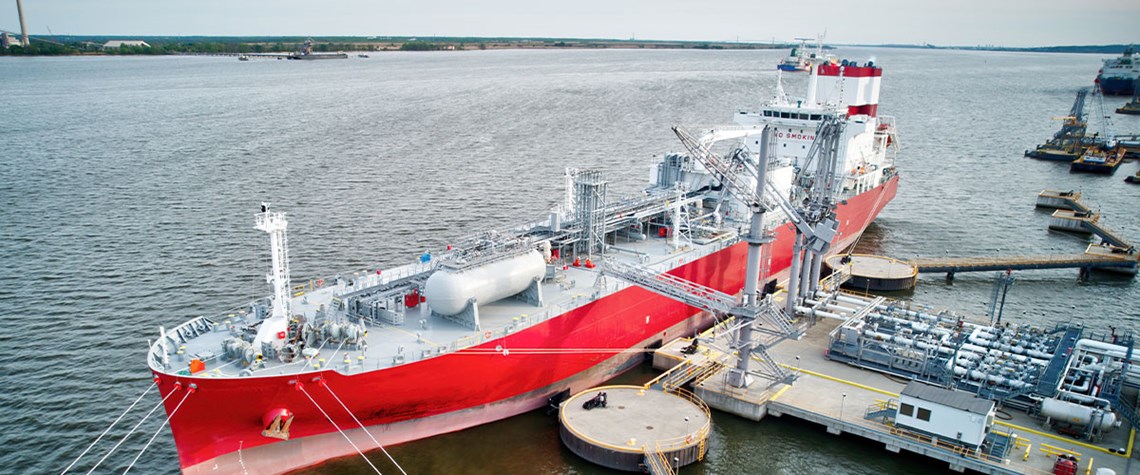Ineos aims to close US-Europe energy costs gap
The chemicals heavyweight is trying to bring to LNG the model it has already rolled out in petchems feedstocks
Indexation asymmetry is one of the factors put forward as to why more European gas importers do not sign up to long-term LNG contracts, preferring instead to take their chances either on the seaborne spot market or buying post-regasification on pipeline trading hubs. The customers of these importers—be they distributors, generators, or large industrial and commercial (I&C) end-users—demand TTF indexation because that is what their competitors have. And a relative scarcity of LNG term sellers willing to sell on a TTF basis means potential European buyers baulk at managing possibly decades of basis risk between an import contract on another index back-to-back with sales agreements on the T

Also in this section
27 February 2026
LNG would serve as a backup supply source as domestic gas declines and the country’s energy system comes under stress during periods of low hydropower output and high energy demand
27 February 2026
The assumption that oil markets will re-route and work around sanctions is being tested, and it is the physical infrastructure that is acting as the constraint
27 February 2026
The 25th WPC Energy Congress to take place in tandem as part of a coordinated week of high-level ministerial, institutional and industry engagements
27 February 2026
The deepwater sector must be brave by fast-tracking projects and making progress to seize huge offshore opportunities and not become bogged down by capacity constraints and consolidation







